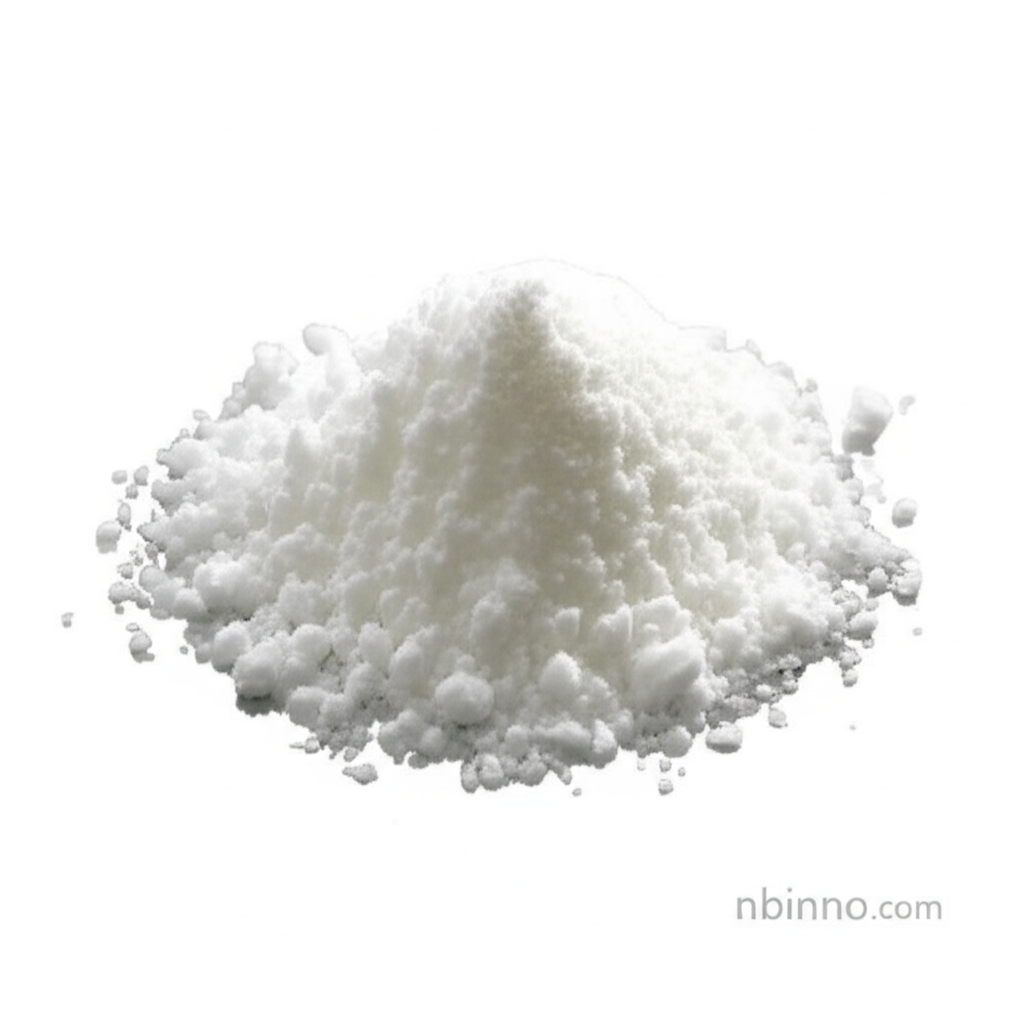N-(2-Bromoethyl)phthalimide: A Versatile Building Block for Organic Synthesis and Chemical Research
Discover the utility of CAS 574-98-1, a high-purity intermediate vital for advanced chemical research and synthesis.
Get a Quote & SampleProduct Core Value

N-(2-Bromoethyl)phthalimide
N-(2-Bromoethyl)phthalimide, identified by CAS 574-98-1, stands out as a crucial organic synthesis building block. Its high purity, typically exceeding 98%, ensures reliable performance in complex chemical reactions. This compound is instrumental in the synthesis of organic compounds, offering a reactive bromoethyl group for various chemical transformations.
- Explore the versatility of N-(2-Bromoethyl)phthalimide CAS 574-98-1 in facilitating diverse organic synthesis routes.
- This phthalimide derivative intermediate is essential for crafting complex organic molecules used in research.
- Leverage the high purity of bromoethyl phthalimide intermediate for dependable results in your synthesis projects.
- Understand the key uses of N-(2-Bromoethyl)phthalimide in advancing chemical research and development.
Key Advantages
Exceptional Purity
With a purity often exceeding 98%, N-(2-Bromoethyl)phthalimide guarantees consistent and reproducible outcomes, a critical factor for precise chemical synthesis.
Synthetic Versatility
Its unique structure as a phthalimide derivative intermediate makes it highly adaptable for a wide array of organic reactions, including alkylation and as a cross-linking agent.
Research Enabled
Serving as a vital chemical intermediate for research, this compound empowers scientists to explore new molecular structures and develop novel materials.
Key Applications
Organic Synthesis
N-(2-Bromoethyl)phthalimide is fundamental in organic synthesis, acting as a key building block for more complex molecules.
Chemical Research
Researchers rely on this compound as a high-quality chemical intermediate for their laboratory investigations and new product development.
Intermediate Production
It serves as a critical intermediate in the production of various fine chemicals, contributing to diverse industrial processes.
Specialty Chemicals
The compound's reactive nature makes it suitable for the creation of specialty chemicals with tailored properties for specific applications.
